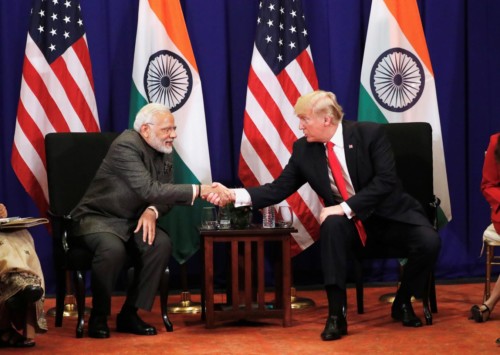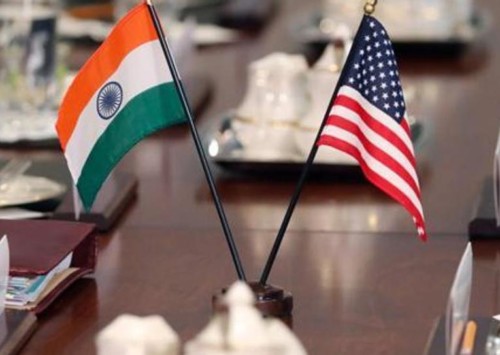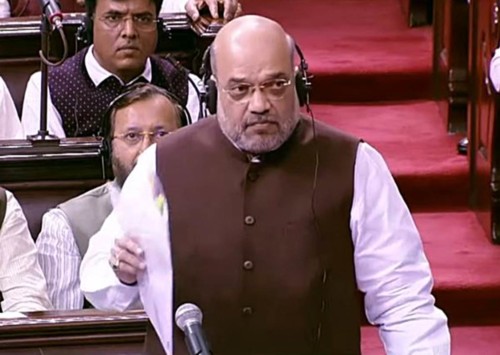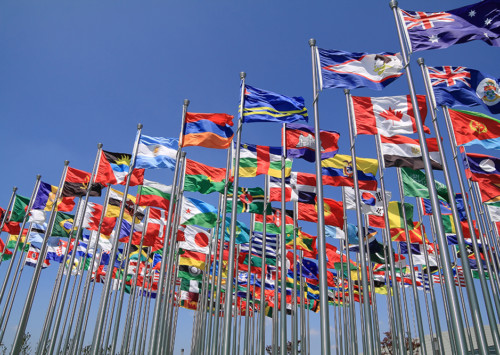Afghanistan peace talks
As US-led peace talks with the Afghan Taliban pick up, India squirms uneasily as it is not part of the crucial negotiations about the future of the highly volatile nation.
One of the biggest takeaways from the Oval Office meeting that Pakistan Prime Minister Imran Khan had with the United States President Donald Trump was the cementing of Pakistan’s place at the negotiating table as the US takes the peace talks with the Afghan Taliban ahead.
The win was by far one of the biggest takeaways of the Trump-Khan meeting. For one, it signalled that Pakistan had managed to get back into the centre stage of the discussions with the Taliban. These discussions will lay the foundation of a new government in Kabul and hence be decisive about the future of a country which Pakistan has always regarded as its backyard.
Historically Pakistan had played a key part in Afghanistan, notably since the US began supporting the Afghan militants fighting the Soviet forces that had occupied the country way back in 1979. The establishment of a post-Taliban government following the September 2001 attacks in the US, had begun to reduce Pakistan’s influence in Afghanistan. This was accentuated over the past couple of years, as Pakistan was left out pretty much in the cold in the face of mounting pressure by Trump to cut ties with the terror groups working against India.
Right from 2002 onwards, India had begun to capitalise on Pakistan’s loss of influence in Afghanistan. It has been one of the largest donors to Afghanistan and has helped build numerous infrastructure projects including roads, hospitals and schools over the last two decades. India has also been training Afghan soldiers, notably since the US began drawing down its army from the country. India has also been playing a key role in building up intelligence gathering capacity of Afghan forces.
India managed to undertake all these steps to assist the Afghan government only because the Taliban were absent from the equation and a stronger anti-Taliban government in Kabul was a dream come true to India, which treats the Taliban as an anathema mainly because the Taliban has always aligned itself with Pakistan and that too its military intelligence services, the ISI. Also, because historically Taliban has supported and aided terror groups operating in Jammu and Kashmir.
But India’s inability to deal with the Taliban has in many ways become the Achilles’ heel of its Afghan policy. For the past few years, there had been clear signs that despite the threat that the Taliban posed to nearly two decades of the US attempt to rebuild a democratic and inclusive Afghan government and hence decimating Taliban and its raison d’etre, the extremists have only been gaining territory and power in Afghanistan, handing a long series of embarrassing defeats for the Afghan army.
With Barack Obama and his successor Trump losing interest in pursuing what is increasingly clear as an unwinnable war in Afghanistan, the US has been clearing the decks for a negotiated, albeit face saving, pull out from Afghanistan. The talks with the Taliban are the central pillar of this strategy.
Over the years, other nations joined in the reach out to the Taliban. China, as Pakistan’s best friend forever in the region, has been pushing the Taliban with a twin agenda. First, to ensure that the Taliban would not fish in the troubled Xinjiang region where the Uighurs have been at the centre of a massive Chinese government’s campaign of ‘education’, including the detention of hundreds of thousands, if not millions of Uighur Muslims. With the situation rather volatile there, China would want to avoid Taliban meddling in the region. China’s other agenda is simply to cement Pakistan’s position as the broker in Afghan peace talks. It was with this twin-objective that Beijing hosted a Taliban delegation recently.
Not to be left behind, Russia, too, joined in the fray and recently hosted ‘Afghan-to-Afghan’ talks in Moscow where the Taliban held discussions with the pro-government groups.
Though India has seen the writing on the wall for over four years now, it has failed to move in a direction that can at least minimise its losses. India finds itself in a bind. It has not been able to convince other countries, notably the US, Russia, China and the Europeans, that all negotiations with the Taliban would be futile as the extremist group is bound to go back to its old habits of flagrant human rights violation, terror and incite trouble in other parts of the world.
Neither has India been able find the courage to get itself a seat on the negotiating table just in order to ensure that its own best interests are protected in whatever deal the US and other nations may finally strike with the Taliban. India should use its political and economic capital with the US and Russia to ensure that the final peace deal with the Taliban addresses the key concerns of the Indian government, notably keeping India’s presence and activities in Afghanistan intact. It should also get the Taliban to foreswear any support to any terror or militant groups in Kashmir and for the future Afghan or Taliban government to respect India’s geostrategic interests in peace and stability in Afghanistan.
None of these objectives is easy or a given. What is definitely a given is that without a proactive policy of engagement and voicing its concerns and interests, India would soon find itself stranded, having missed the bus to peace in Kabul.














